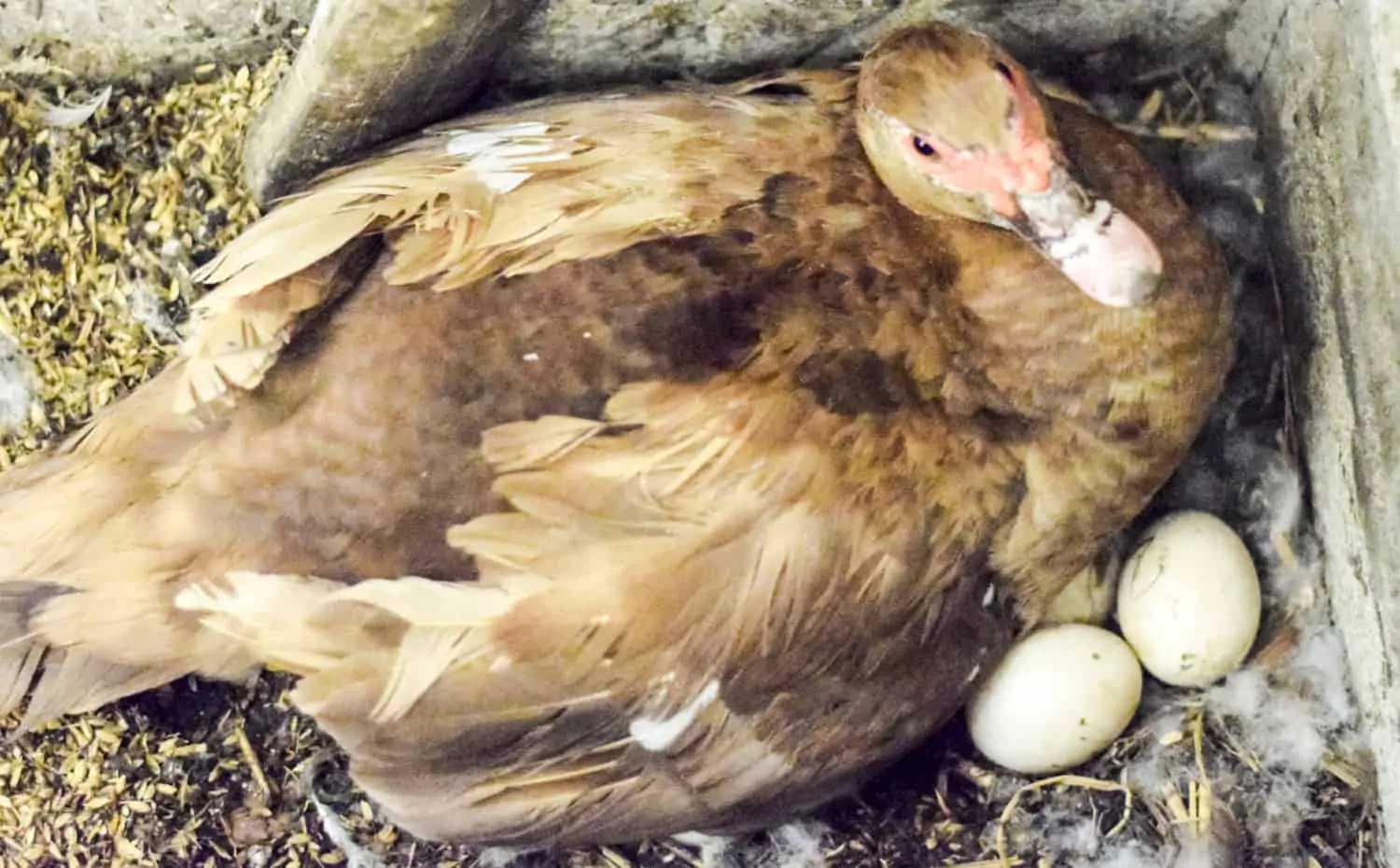Do you ever wonder if ducks lay eggs? If so, you’re not alone. Many people are interested in learning more about chicken husbandry and whether or not ducks lay eggs. In this guide, we’ll explore the answer to this question as well as provide helpful tips for those interested in raising chickens.
When Do Ducks Start Laying Eggs?
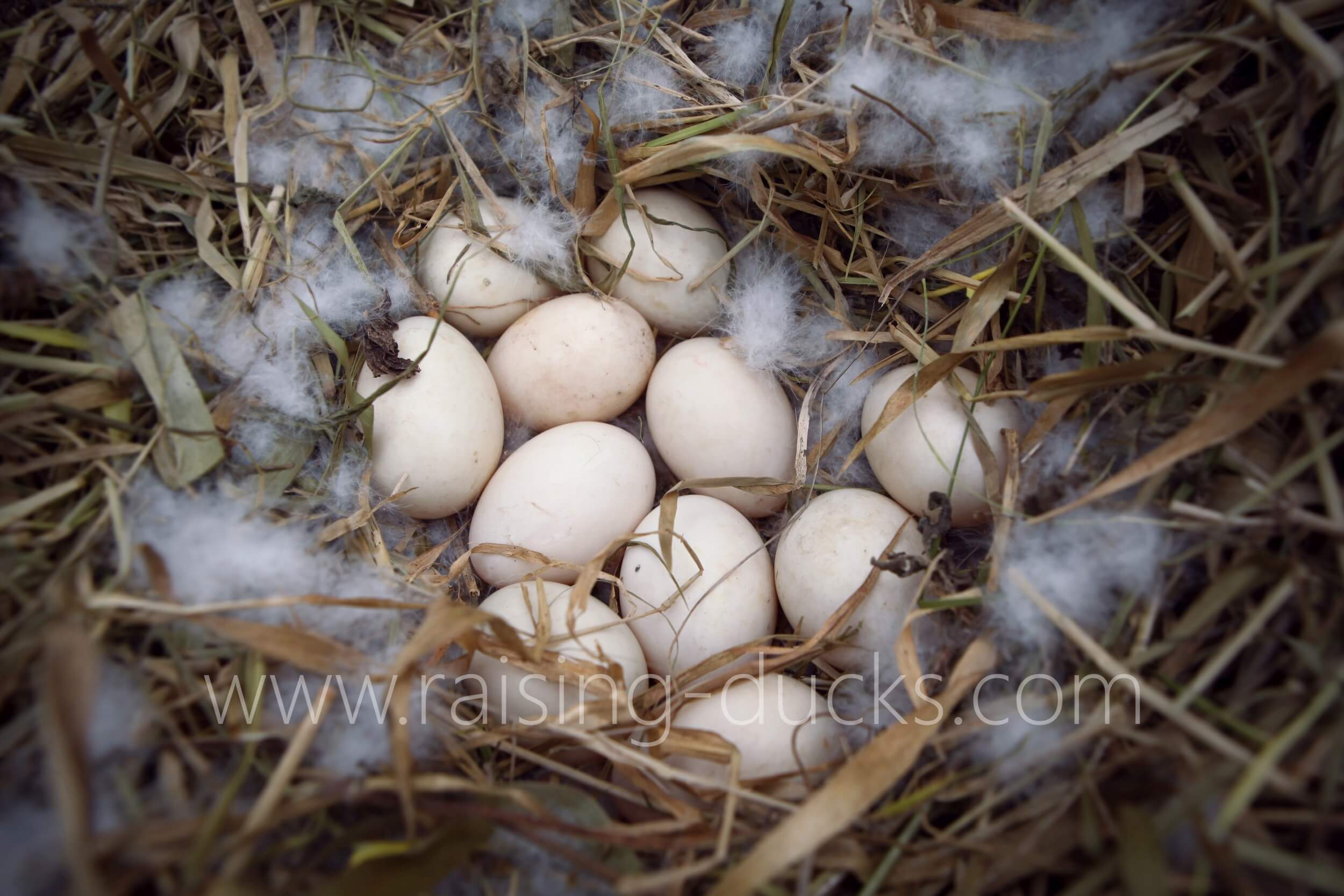
Ducks begin laying eggs at around 4-6 months of age. The timing of when ducks start to lay eggs depends on the breed and the season. Generally, ducks start laying eggs in the late spring and early summer months.
How Old Are Ducks Before They Start Laying Eggs?
Most ducks are mature enough to start laying eggs by the time they are 4-6 months old. However, some breeds may take longer to reach this stage.
When Do Ducks Start Laying Eggs in the Spring?
Ducks typically lay eggs in the spring and early summer months, beginning in April or May. The exact timing of when ducks start laying eggs will depend on the breed and the climate in which they live.
Do Ducks Lay Eggs Year Round?
Some breeds of ducks may lay eggs year round, while others may take a break in the winter months. Ducks usually lay fewer eggs in the winter months due to the colder temperatures and shorter days.
What Time of Year Do Ducks Lay Eggs?
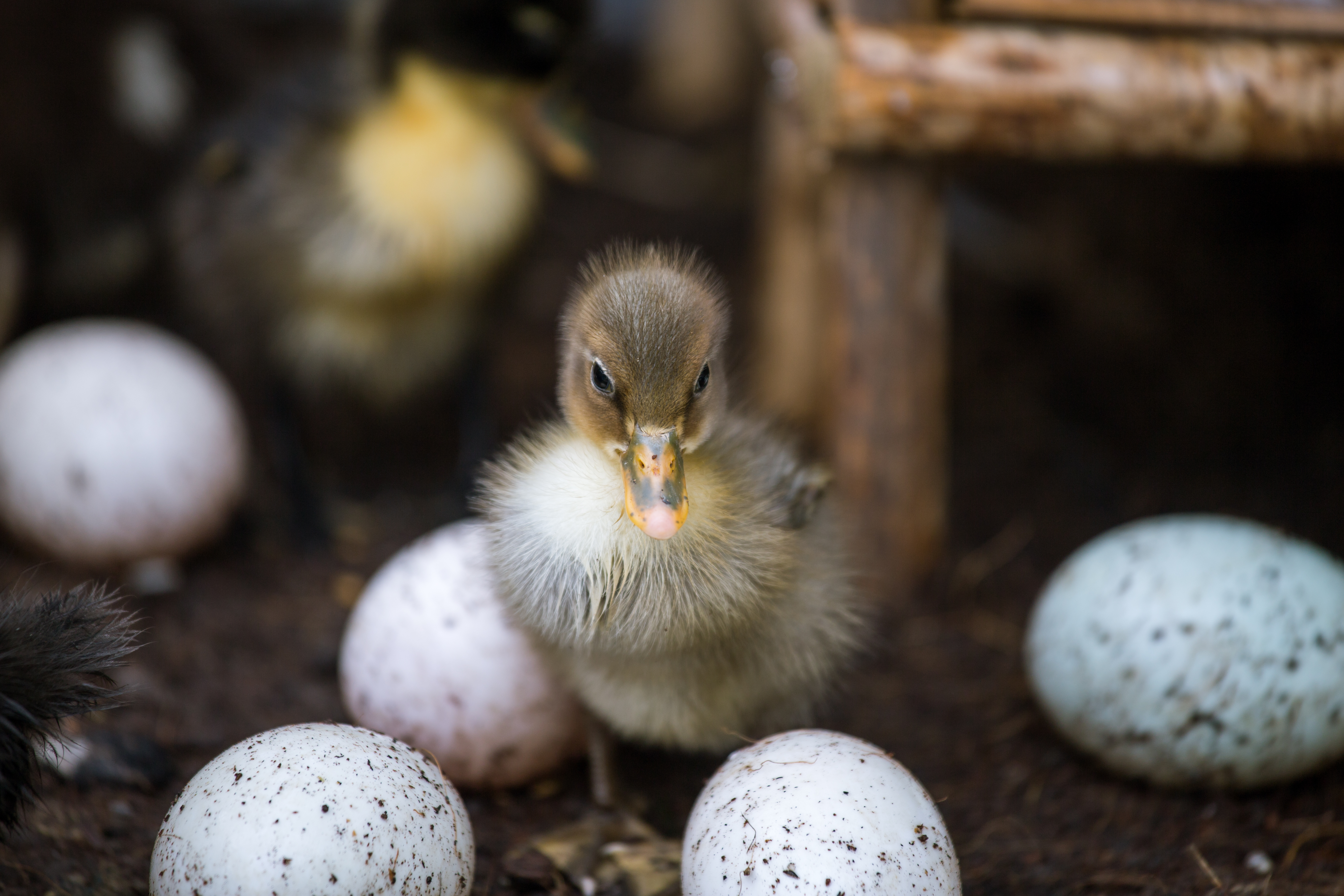
Ducks typically start laying eggs between the months of April and June, depending on the climate and the breed. However, some ducks may start laying eggs earlier or later in the year. If you’re wondering when will my ducks start laying eggs, the best way to tell is to watch for signs that your ducks are preparing to lay, such as increased preening, nest building, and increased appetite.
How Long Do Ducks Lay Eggs?
Most ducks lay eggs for an average of one to three months, with some breeds laying eggs for up to six months. During this time, your ducks will lay one egg per day, usually in the morning.
What Time of Day Do Ducks Lay Eggs?
Ducks usually lay their eggs in the morning, usually between 6 and 9 am. However, some ducks may lay their eggs earlier or later in the day depending on their breed. To ensure that your ducks are laying eggs at the right time, you should check their nests regularly.
How Long Till Ducks Lay Eggs?
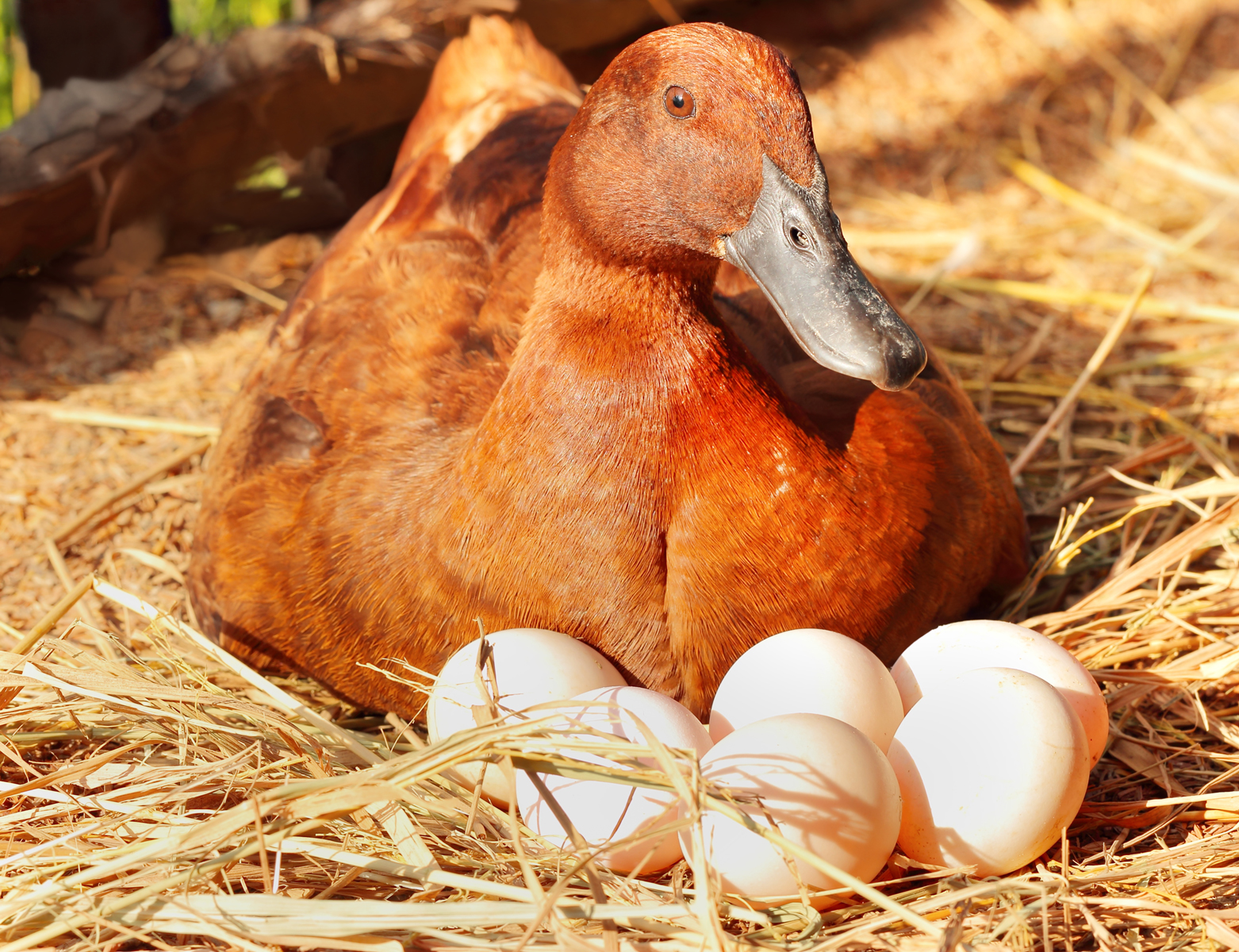
Ducks typically start laying eggs when they are between 5 and 9 months old. However, some ducks will start laying eggs earlier or later than this period, depending on a variety of factors, including the breed and the duck’s health.
Factors Affecting the Age at Which Ducks Start Laying:
- Breed: Some breeds, such as Pekin ducks, start laying eggs as early as 5 months, while others, such as Muscovy ducks, won’t lay until they are 9 months old.
- Feed: Ducks need a balanced diet of protein, carbohydrates and vitamins to help them reach their full egg-laying potential. Improper nutrition can delay when they will start laying.
- Environment: A duck’s environment and climate can affect when they start laying. Ducks need a safe and comfortable place to nest and lay eggs, with enough space to move around. They also need a consistent temperature.
- Health: Ducks that are sick or have been exposed to a lot of stress may lay eggs later than usual.
Therefore, the exact age at which ducks will start laying eggs can depend on a variety of factors. On average, however, ducks will start laying eggs when they are between 5 and 9 months old.
What Do Ducks Need to Lay Eggs?
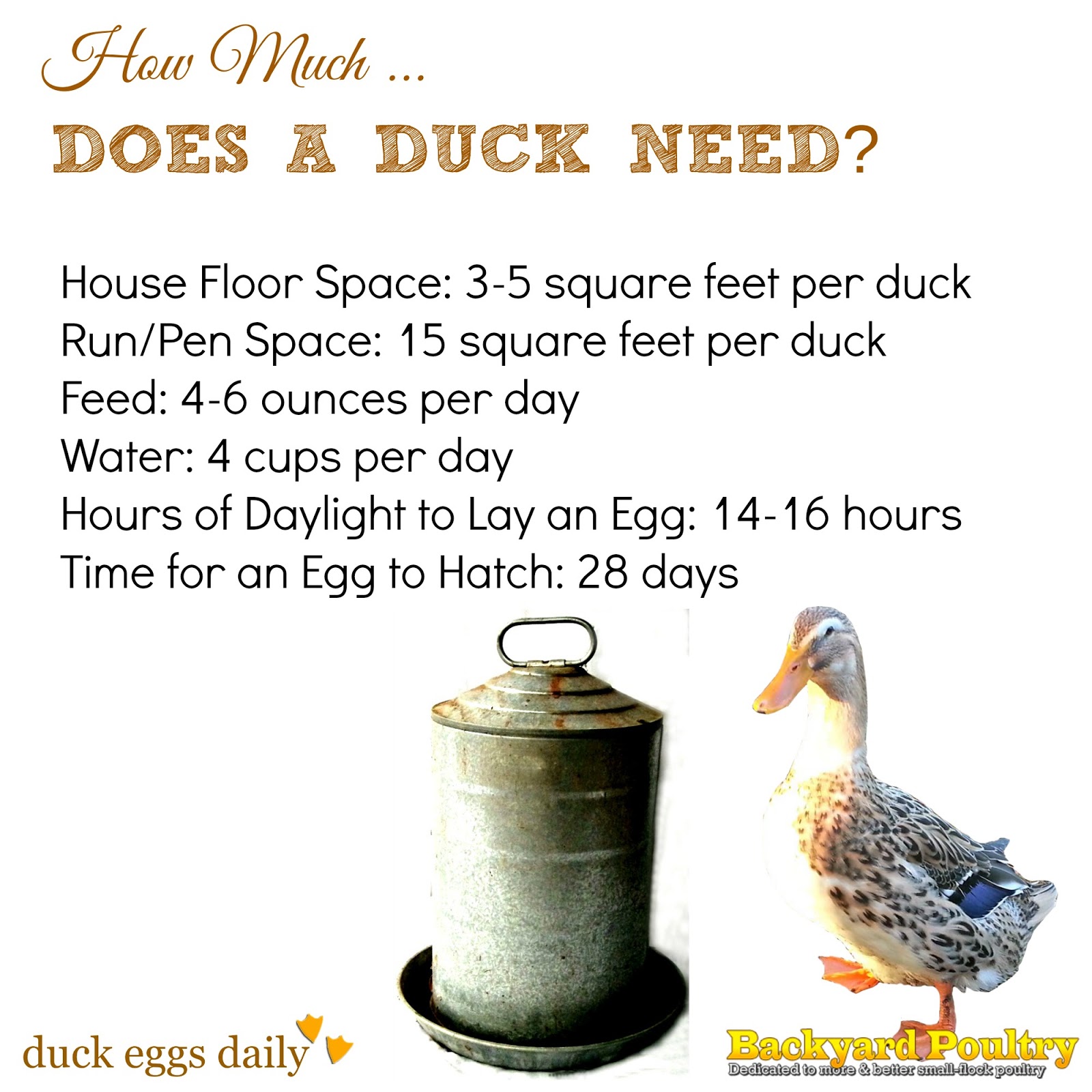
- Ducks generally begin laying eggs when they reach between 4 and 6 months old.
- For ducks to lay eggs, they need a safe, dry, and quiet environment.
- Ducks need a high-quality diet that is rich in protein and calcium to ensure healthy egg production.
- Ducks need a nest box filled with straw, wood shavings, or other dry materials.
- Ducks need access to clean water and fresh food such as vegetables, fruits, and grains.
- Ducks should have plenty of space to roam, swim, and exercise.
- Ducks need protection from predators such as cats, hawks, and foxes.
Do All Ducks Lay Eggs?
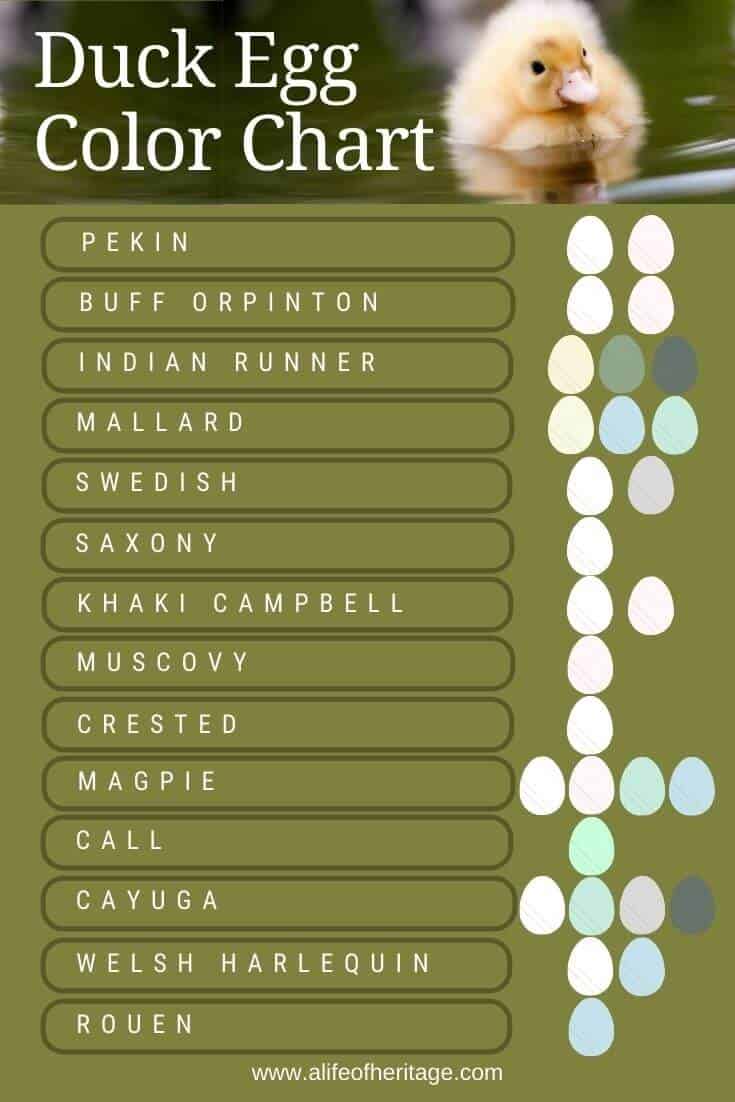
Ducks are one of the most popular members of the poultry family, but do they lay eggs? The answer is yes, ducks do lay eggs – usually between one and three per week. However, the age at which a duck begins laying eggs varies by breed. Generally, ducks will start laying eggs between 12 and 24 weeks of age. Though some breeds may take longer, most ducks will lay eggs by the time they are six months old.
Ducks lay eggs throughout the year, with a peak in the springtime. Depending on the type of duck, eggs may be white, cream, or even shades of green and blue. The size of the egg is also dependent on the breed – small ducks will lay small eggs and larger ducks will lay larger eggs.
The eggs of most ducks are safe to eat, although some people may experience an allergic reaction to them. If you plan to eat your duck eggs, make sure to purchase eggs from a reputable source.
Overall, ducks are a great addition to any chicken husbandry operation. While they may take a little longer to start laying eggs than chickens, they are still a great source of fresh eggs. Just remember to be patient and give your ducks time to reach maturity before expecting eggs.
Overall, all ducks will lay eggs, although the age at which they start laying can vary depending on the breed. Most ducks will start laying eggs between 12 and 24 weeks of age, and by the time they are six months old they should be producing eggs regularly.
How Do Ducks Lay Eggs?
Ducks are prolific egg layers and can lay up to 200 eggs per year. Ducks lay eggs in a nest, which may be made of straw, grass, or leaves, and usually contain about 8 to 12 eggs. The female typically lays one egg every day until she has laid the desired number. When the eggs are laid, the female will cover them with her warm feathers to keep them warm until they hatch.
Ducks typically start laying eggs in the spring, when the days become longer and lighter. The female will then lay eggs every other day, often laying up to 10 eggs a week.
Once the eggs are laid, they must be collected on a daily basis, as leaving them in the nest will increase the risk of damage or destruction. The eggs must also be stored in a cool, dry place to prevent them from spoiling. Eggs must not be exposed to extreme temperatures, as this can cause them to spoil quickly.
| Activity | Timeframe |
|---|---|
| Ducks lay eggs | Spring |
| Collect eggs | Daily |
| Store eggs | Cool, dry place |
Eggs laid by ducks can be incubated for hatching or eaten. If incubated, the eggs should be kept at a temperature of around 99°F (37°C) and turned several times a day. After about 28 days, the eggs should hatch.
Once hatched, the ducklings must be cared for properly to ensure their health and wellbeing. This includes providing them with a clean, safe environment, regular feedings, and access to water. With proper care, the ducklings will grow into healthy adults.
Frequently Asked Questions
How Often Do Ducks Lay Eggs?
Ducks lay eggs at different rates depending on the breed and season. Most ducks lay between 8-12 eggs per season, with some breeds laying up to 20 eggs. Duck eggs are usually laid in early spring and can continue to lay eggs throughout the summer. Ducks also have a tendency to lay more eggs when they are kept in a well-maintained, comfortable environment.
What is the Best Diet for Raising Healthy Ducks?
Ducks are omnivores, so they should be given a varied diet that includes both plant and animal proteins. The bulk of their diet should be made up of high-quality commercial duck feed, supplemented with fruits, vegetables, insects, and other small animals. A balanced diet should also include a source of calcium, such as crushed oyster shells, to aid in egg shell formation. Ducks should also have access to fresh, clean water at all times.
Does a Duck Need a Nesting Box for Egg-Laying?
Ducks do not need a nesting box to lay eggs, as they are able to lay their eggs on the ground or in shallow depressions. Ducks that are domesticated may need a nesting box or other structure to encourage them to lay eggs in one place. A nesting box should be constructed out of materials that will not be easily damaged by the weather and should have a secure lid to keep out predators. It should also be lined with straw or other materials to provide insulation and comfort.
How Can I Tell If a Duck Is About to Lay an Egg?
When ducks are about to lay eggs, they may become more vocal, display nesting behavior, and appear to be in discomfort. Ducks will also often become more aggressive, although this can vary depending on the breed. Other signs that a duck is ready to lay eggs include a raised tail and increased plucking of feathers. Ducks may also become more active and restless as they prepare to lay eggs.
Are there any special considerations for keeping ducks in colder climates?
Ducks can tolerate cold temperatures, but their water needs to be kept from freezing in order to provide the ducks with a reliable source of water. Ducks also need shelter from the elements, and a dry, draft-free area to sleep in. Ducks should also be provided with extra food in the winter, as their energy requirements increase with the cold weather. Additionally, ducks should be protected from predators, such as foxes, by using a secure pen or fence.
Conclusion
No, ducks do not lay eggs, whereas chickens do. Raising chickens for their eggs requires a commitment of time and resources, but the reward of fresh eggs daily can make it worth the effort. Before beginning a chicken husbandry project, consider the cost of equipment, housing, and feed, as well as local laws and regulations. With the proper care, chickens can provide a steady supply of eggs for many years.
